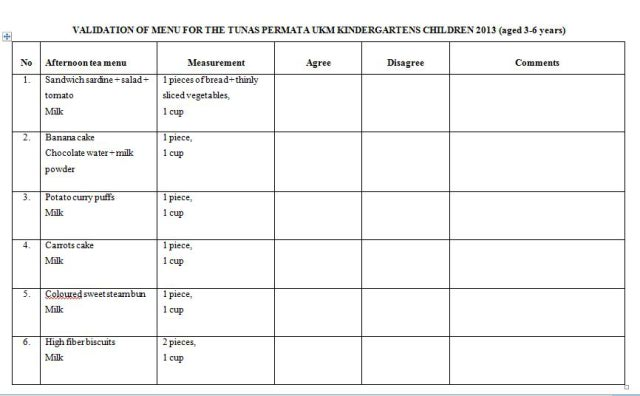Lose Weight > Question and Answer > Nutrition Dieting > When is the fat being burnt and when the muscle?
When is the fat being burnt and when the muscle?
Question
I've been told that starving oneself burns muscle as quick energy instead of fat as one would likely prefer. What are the requirements to be considered "starving?" Does it need to be a week of poor or low nutrition, or can a person starve within a day? I don't exercise daily, and I tend to have only 2 meals per day which I feel are not unhealthy. Is it likely I am losing muscle, or must a person feel real anguish to truly be starving enough to be losing muscle mass?
Dear James,
After a meal, some of the glucose not used immediately for fuel travels to the liver or skeletal muscles, where it is converted to a compound called Glycogen--through a process called glycogenesis--and stored for energy. Any excess glucose is stored in adipose tissue as fat. The liver has a greater capacity for glycogen storage than muscle: Liver cells can typically store up to 8% of their weight as glycogen, while muscle cells can typically store up to only 3%. The liver is responsible for maintaining adequate levels of glucose in the body. As the body抯 glucose level drops, the liver converts some of the gly
What in fact is burnt, is muscle glycogen (a.k.a "animal starch") in the process of glycolysis, which is completely reversible. Here's how it happens. When you consume food containing carbohydrates, some of glucose derived from this food is used for fuel but some goes into carbohydrate depots in liver and muscle to be stored as glycogen. These depots are very small (about 750 Cal. or just enough to survive for 1.5 days) comparing with fat depots which is huge: there clinical reports about obese people going without any food at all (vitamins supplemented) for more than a year!
Which fuel from depots will be burnt, depends on what's available, meal after meal. In your case, if your first meal is more carbohydrate than fat, the carbohydrates will be burnt, first from food, than from depots. If fat prevails, the fat will be burnt. This is called the law of energy substrate availability (take a look at the chart on homepage of http://bantadiet.com).
As to when starvation starts, the 72 hours without food is considered a breakpoint, after which the fat mobilizing metabolic pathway takes over and the body starts running mostly on ketone bodies derived from fat in the process of lipogenesis. The metabolic pathway choice influences a lot of functions including the work of the brain and in fact can be done voluntarily by food choice.
Read more about energy substrates at brainfuels.com:
http://brainfuels.com/2010/11/energy-substrates-neuroprotection/
http://brainfuels.com/2010/11/mct-and-beta-hydroxybutirate-protect-cognitive-syn...
http://brainfuels.com/2010/03/toxic-glycolysis-and-brain-aging/
http://brainfuels.com/2010/06/glucose-or-lactate-as-fuels-in-mature-brain-whose-...
Tanya Zilberter
- Prev:School Lunch
- Next:Soy benefits and disadventages
Related Articles
-
Less Starchy or No Starch Substitution
QuestionHi Dan, I have high cholesterol and triglycerides and am
-
What Diet is Right
QuestionHi, i am 15 years old, and i have tired some diets to hel
-
When to eat watermelon
QuestionHi Laurie, Im 24 years old male. Ive read all about the a
-
Nutrients
QuestionIs there a list of all the nutrients the human body has a
-
Supplementing with Whey Protein Powder & Kidneys
QuestionHi Susan, Im a bodybuilder. I train 3 days a week for on
-
Excess Body Fat
QuestionHello Ms. Ray, I really hope you can answer my question
- DON'T MISS
- Nutrisystem
- How to Decrease Stomach Size
- my diet
- Supplements: needs, effects, safety
- Little Debbie nutrition facts
- olive-oil
- Constant weight gain for 3 years despite diet and exercise
- Benefits of fresh fruits and vegetables
- starches and carbohydrates
- ending binge cycle - proper weight loss, and expectations




